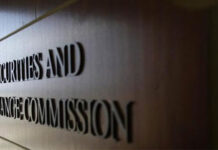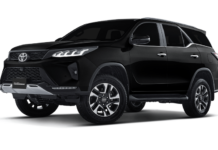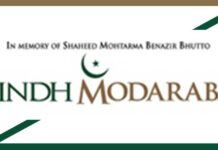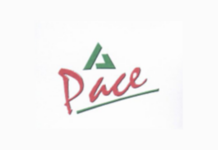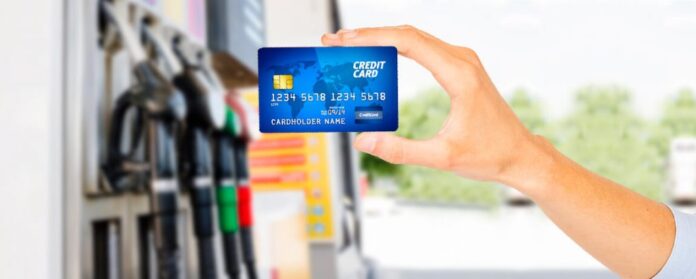The federal government has established a seven-member committee tasked with finalising a detailed plan for digitising payments at fuel stations across the country. The initiative, directed by Finance Minister Muhammad Aurangzeb, is a key part of the government’s efforts to reduce cash transactions in favor of digital payments.
According to a news report by Dawn, the committee will be led by Sharjeel Murtaza, the Chief Digital Officer at Karandaaz Pakistan, and will include key figures such as Ali Jan Khan, a consultant on digital reforms at the Federal Board of Revenue (FBR), along with senior representatives from the FBR, the Oil and Gas Regulatory Authority, the Oil Companies Advisory Council, and the State Bank of Pakistan.
Karandaaz Pakistan will provide technical and secretarial support to the committee, which will submit its final proposal to the FBR and the Ministry of Finance. The plan is part of a broader government push, which will be revealed in the upcoming federal budget, to introduce differential tax and transaction rates for cash and digital payments, particularly in the fuel sector.
The report, citing sources, said that policymakers have already been working on the technical aspects of the plan. The aim is to transition from a high-cash economy to a low-cash, and eventually a cashless, system, where feasible. This would involve both incentivizing consumers and businesses to move towards digital transactions while increasing costs for cash payments.
Under the proposed plan, all petrol stations across Pakistan will be required to offer digital payment options, including QR codes, debit and credit cards, and mobile payment services. The government-notified petroleum prices will apply to digital transactions, while cash payments will incur an additional charge of Rs2-3 per liter.
This approach follows similar measures already implemented, such as higher costs for cash payments at motorway tolls compared to M-Tag users, and a lower GST rate for digital payments at restaurants in Islamabad.
The new system is expected to help track petroleum supplies and improve transparency. The FBR Chairman has suggested that the additional revenue generated from cash payments at petrol stations could be returned to consumers through periodic price adjustments.
Additionally, importers and manufacturers will be required to charge a standard 18% GST on digital payments and an extra 2% on cash transactions.


